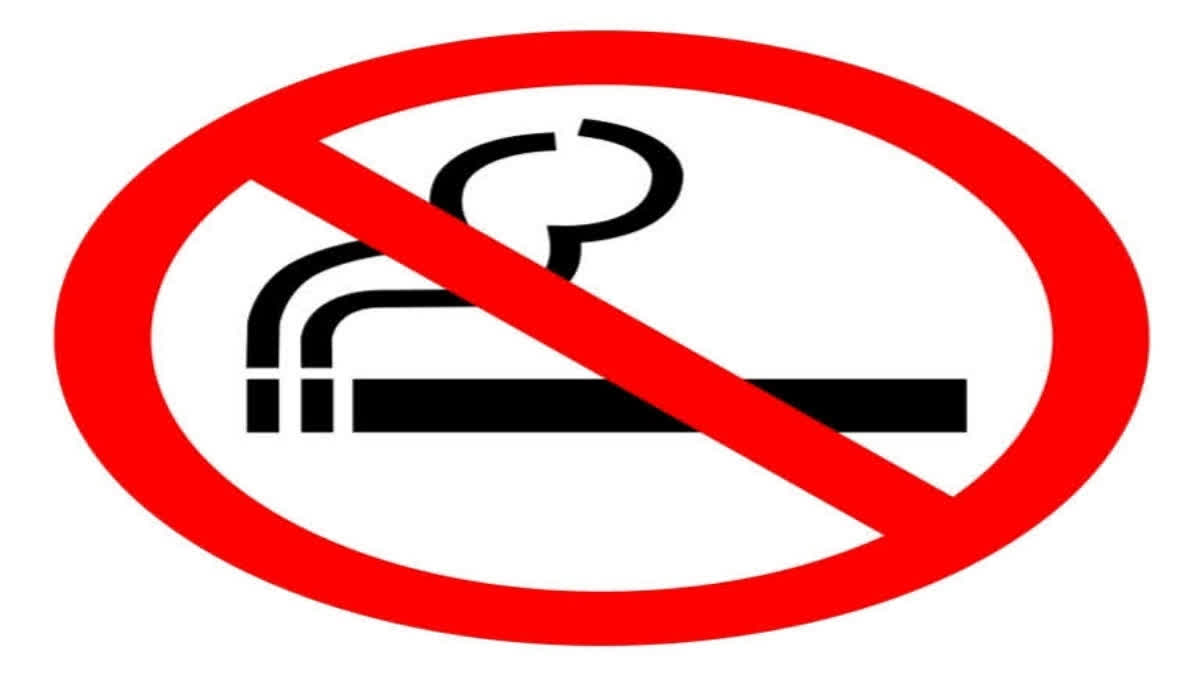New Delhi: Cytisine, a plant-based compound, increases the chances of successful smoking cessation by over two-fold compared with placebo and may be more effective than nicotine replacement therapy, a study has found.
Cytisine, a low-cost, generic stop-smoking aid has been used in eastern Europe since the 1960s and has shown no serious safety concerns, the researchers said. However, the compound is not licensed or marketed in most countries outside of central and eastern Europe, making it unavailable in most of the world, including many low- and middle-income (LAMI) countries where it could make a big difference to global health.
The study, published in the journal Addiction, pooled the results of eight trials comparing cytisine with placebo, with nearly 6,000 patients. The combined results showed that cytisine increases the chances of successful smoking cessation by more than two-fold compared with placebo, the researchers said.
They also noted that cytisine may be more effective than nicotine replacement therapy, a medically approved way to treat people with tobacco use disorder by taking nicotine through means other than tobacco.
Our study adds to the evidence that cytisine is an effective and inexpensive stop-smoking aid. It could be very useful in reducing smoking in LAMI countries where cost-effective smoking cessation drugs are urgently needed," said Omar De Santi from Centro Nacional de Intoxicaciones (CNI), Buenos Aires, Argentina.
"World-wide, smoking is considered the main cause of preventable death. Cytisine has the potential to be one of the big answers to that problem," said De Santi, lead author of the study. The research also looked at two randomised controlled trials comparing cytisine with nicotine replacement therapy, with modest results in favor of cytisine, and three trials comparing cytisine with varenicline, without a clear benefit for cytisine.
Cytisine was first synthesised in Bulgaria in 1964 as Tabex and later spread to other countries in eastern Europe and Asia, where it is still marketed, according to the researchers.
In 2017, the Polish pharmaceutical company Aflofarm began selling it as Desmoxan, a prescription-only medicine, and Canada approved it as an over-the-counter natural health product, Cravv, they said. Because cytisine is a low-cost drug, it could form part of a plan to increase accessibility to drug therapy for smokers, which tends to be limited in LAMI countries, the researchers added.
Read More



